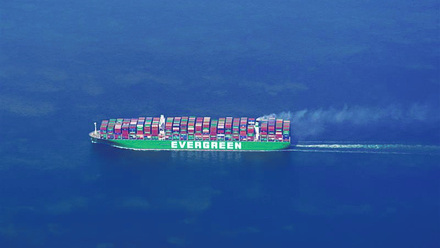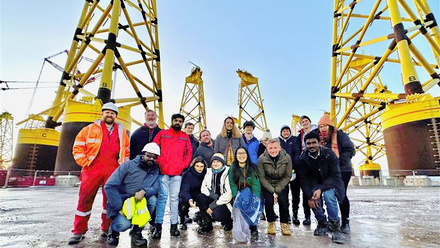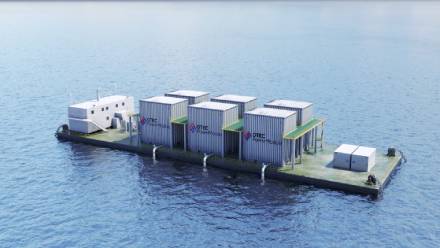MEPC 83: Key Outcomes for Shipping’s Decarbonisation Pathway
The International Maritime Organization (IMO)’s Marine Environment Protection Committee (MEPC) held its 83rd session from 6–11 April 2025, marking a significant milestone in the development of global regulation to decarbonise international shipping.
The revised IMO GHG Strategy targets will be formally adopted into MARPOL Annex VI, including a 20-30% reduction in emissions by 2030, a 70-80% reduction in emissions by 2040 and net-zero GHG emissions around 2050 (all relative to 2008 levels).
Mid-term measures are taking shape; a “basket” approach was approved, combining a levy-based GHG pricing mechanism and a goal-based marine fuel standard to reduce GHG intensity. This hybrid system is designed to incentivise the uptake of zero and near-zero GHG fuels while raising revenue to support climate mitigation and adaptation in developing countries, research and development, and scale-up clean marine fuel solutions.
Further technical development and guidelines will continue in the lead-up to MEPC/ES.2 in October 2025, with 1 March 2027 set as the anticipated entry-into-force date for the new measures.
Ongoing development of life cycle assessment (LCA) guidelines will be essential to ensure scientific integrity and transparency in assessing the GHG impacts of marine fuels. These will play a key role in determining which fuels are eligible for rewards under the new regulatory framework.
IMarEST played an active role in MEPC 83 through its Policy Engagement Unit on GHG, including Professor Tristan Smith and Aparajit Pandey, who also participated in the IMO’s GHG Intersessional Working Group meetings earlier in the year, and contributed directly to technical discussions on zero and near-zero emissions fuels, LCA guidelines, and the new compliance mechanisms.
IMarEST has also co-sponsored several papers in recent MEPC cycles, particularly on issues related to technical pathways for decarbonisation, energy efficiency, and emissions regulation.
With the agreement of the net-zero strategy comes significant further work on the guidelines. Nearly all of the technical detail that will be needed to operationalise the MARPOL amendment of the new Annex VI Ch. 5 relates to the guidelines. IMarEST has established some profile in a number of areas which it intends to leverage.





